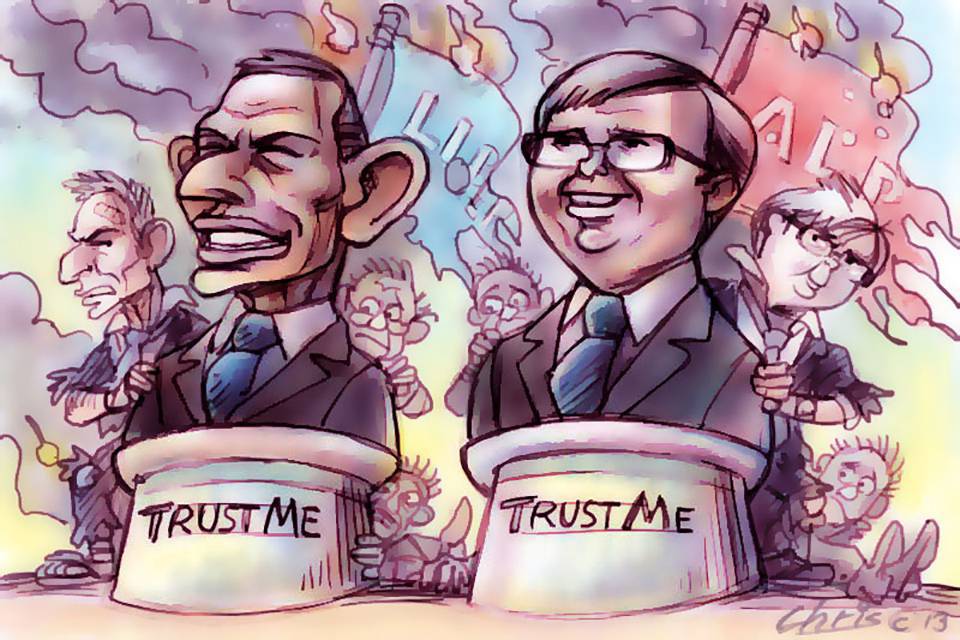Democrats, Republicans in U.S. Congress reach deal in government shutdown talks

Democratic and Republican leaders in the U.S. Congress agreed on a proposal to fund federal agencies through mid-February, clearing the way for a House of Representatives vote on Thursday that would be a critical step in averting a partial government shutdown. If the House passes the measure, the Senate would then need to vote on the bill funding the government through Feb. 18 and send it to Democratic President Joe Biden sign into law ahead of the midnight Friday deadline for a partial shutdown to begin.
"This is a good compromise that allows an appropriate amount of time for both parties in both chambers to finish negotiations on appropriations," Democratic Senate Majority Leader Chuck Schumer said. A group of hard-line Senate Republican conservatives are threatening to delay https://www.reuters.com/world/us/some-republicans-us-congress-try-close-government-over-vaccine-mandates-2021-12-01 consideration in protest against Biden's COVID-19 vaccination mandates, raising the possibility that the government could partially shut down over the weekend while the Senate moves slowly toward eventual passage.
Senate Minority Leader Mitch McConnell, who must quell the rebellion within his caucus to keep the government operating, reiterated on Thursday that there would be no shutdown. But he did not respond when asked whether Republicans would agree to move quickly by consenting to circumvent the Senate's cumbersome legislative rules. "We need to pass it and that's what we'll be working toward doing," the top Senate Republican told reporters.
House Majority Leader Steny Hoyer said the debate and vote would take place on Thursday, after Appropriations Committee Chairwoman Rosa DeLauro said in a statement that "agreement has been reached on a Continuing Resolution." Congress has until midnight on Friday to pass a measure that would maintain funding of federal government operations during the COVID-19 pandemic, amid concerns about a new rise in cases and the arrival of the Omicron https://www.reuters.com/world/us-tightens-covid-19-travel-rules-countries-race-quell-omicron-threat-2021-12-01 variant in the United States.
A partial government shutdown https://www.reuters.com/world/us/what-happens-when-us-federal-government-shuts-down-2021-09-27 would create a political embarrassment for both parties, but especially for Biden's Democrats, who narrowly control both chambers of Congress. UP NEXT: DEBT CEILING
Congress faces another urgent deadline right on the heels of this one. The federal government is also approaching its $28.9 trillion borrowing limit, which the Treasury Department has estimated it could reach by Dec. 15. Failure to extend or lift the limit in time could trigger an economically catastrophic default. The fact that the resolution extends funding into February suggested a victory for Republicans in closed-door negotiations. Democrats had pushed for a measure that would run into late January, while Republicans demanded a timeline extending into February or March to leave spending at levels agreed to when Republican Donald Trump was president.
"While I wish it were earlier, this agreement allows the appropriations process to move forward toward a final funding agreement which addresses the needs of the American people DeLauro said. But she said Democrats did prevail in including a $7 billion provision for Afghanistan evacuees.
Once enacted, the stopgap funding measure would give Democrats and Republicans nearly 12 weeks to resolve their differences over 12 annual appropriations bills totaling around $1.5 trillion that fund "discretionary" federal programs for the fiscal year that began on Oct. 1. Those bills do not include mandatory funding for programs such as the Social Security retirement plan that are renewed automatically. "Now we must get serious about completing (fiscal year '22) bills," Senator Richard Shelby, the top Republican on the Senate Appropriations Committee, said in a statement. "If that doesn't happen, we'll be having this same conversation in February."
(This story has not been edited by Devdiscourse staff and is auto-generated from a syndicated feed.)
ALSO READ
U.S., China to hold more financial shock exercises, Treasury officials say
Shelton outlasts Tiafoe in three sets to win U.S. Men''s Clay Court Championship
Yellen says U.S. will not accept new industries being decimated by cheap Chinese imports
U.S., China to hold more financial shock exercises, Yellen says
U.S. trip will show Japan-U.S. ties are rock solid - PM Kishida










